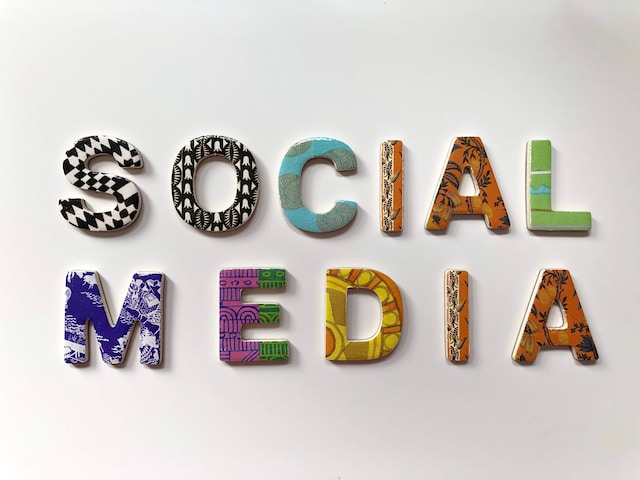Social Media and Feeling Bad
Social media has become a ubiquitous part of our lives, connecting us with friends, family, and even strangers from all over the world. However, the constant exposure to carefully curated, often idealized versions of other people’s lives can leave us feeling inadequate and unhappy. According to social comparison theory, people evaluate themselves based on comparisons to others, and social media exacerbates this phenomenon by presenting us with constant opportunities for comparison.
When we see someone on social media who appears to be living their best life, whether they’re showcasing their perfect body, their luxurious vacation, or their picture-perfect family, it’s easy to feel like we don’t measure up. Social media creates a distorted reality that doesn’t reflect the full range of human experience, which can make us feel like we’re not good enough. In fact, studies have found that heavy social media use is associated with increased levels of anxiety and depression. However, the relationship between social media and mental health is complex. One systematic review in 2020 highlighted that there were only three longitudinal studies that examined the causal relationship between social media and mental health. Another study in 2019 found that social comparisons (while using social media) were more strongly related to depression than was time spent on social media.
What can you do about it?
Fortunately, there are steps you can take to mitigate the negative effects of social media on your mental health. As you will see many of these are aimed at managing the social comparison phenomenon.
One of the most important things you can do is to be mindful of your social media use. Take notice of how you feel when you’re scrolling through your feeds, and if you start to feel bad about yourself, take a break. Try limiting your social media use to a specific time of day or for a set period, so that you don’t fall into the trap of mindlessly scrolling. Another strategy is to curate your social media feeds. Unfollow accounts that make you feel bad about yourself and follow accounts that inspire and uplift you. You can also use social media to connect with people who share your interests and values, rather than focusing on the number of likes and followers you have.
It’s also important to remember that what you see on social media is often a highly curated and edited version of someone’s life. Nobody’s life is perfect, and everyone has struggles and challenges that they don’t share online. Try to keep things in perspective and remind yourself that social media is not a true reflection of reality.
If you’re struggling with negative feelings related to social media use, it might be helpful to seek professional support. The Centre for Clinical Psychology in Melbourne offers evidence-based treatment for a range of mental health issues, including anxiety and depression. Our therapists use a range of techniques, including cognitive-behavioural therapy (CBT), acceptance and commitment therapy (ACT), and mindfulness-based interventions to help clients improve their mental health and wellbeing. If you are stuck with social comparisons leading you to feel bad we can help.
If you’re ready to take the first step towards feeling better, we encourage you to book an appointment with one of our experienced therapists. You can call us on 03 9077 0122 or book online. Don’t let social media make you feel bad – take action to improve your mental health today.
References
Festinger, L. (1954). A Theory of Social Comparison Processes. Human Relations, 7(2), 117–140. https://doi.org/10.1177/001872675400700202
Karim, F., Oyewande, A. A., Abdalla, L. F., Chaudhry Ehsanullah, R., & Khan, S. (2020). Social Media Use and Its Connection to Mental Health: A Systematic Review. Cureus, 12(6), e8627. https://doi.org/10.7759/cureus.8627
Yoon, S., Kleinman, M., Mertz, J., & Brannick, M. (2019). Is social network site usage related to depression? A meta-analysis of Facebook–depression relations. Journal of Affective Disorders, 248, 65–72. https://doi.org/10.1016/j.jad.2019.01.026



